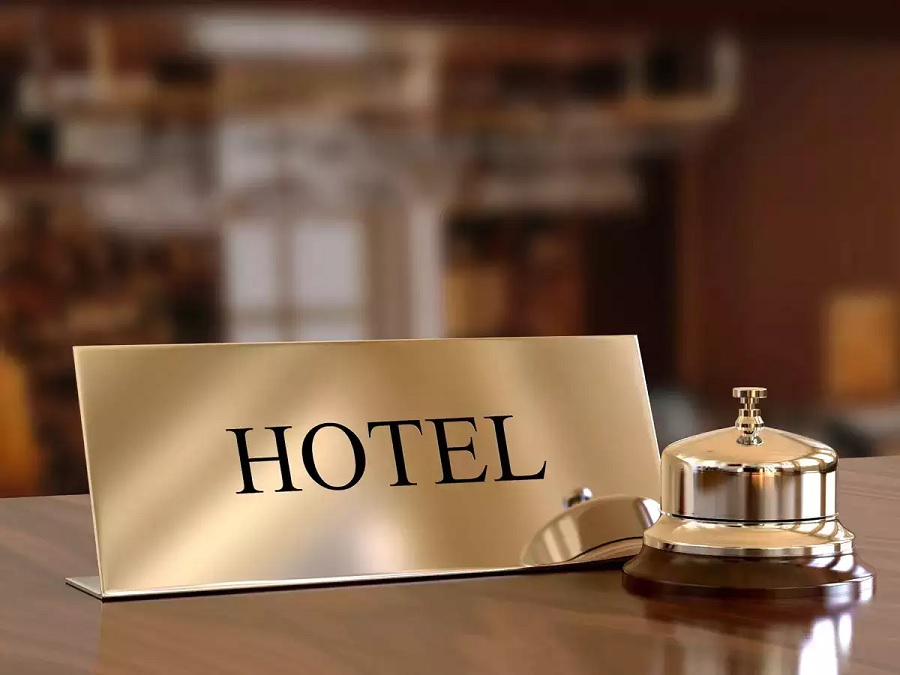The hotel industry has changed significantly over the past 20 years. In the early 1990s, most hotels were owned by small businesses with a few employees. Today, most hotels are owned by huge corporations that employ thousands of people and have huge budgets for marketing and distribution.
In addition to this change in ownership structure, the way that hotels are marketed has also evolved. In the early 1990s, many hotels were still using direct mailers to target customers. Today, online marketing is much more effective in reaching potential customers and retaining them once they’ve made a reservation with you. You can take Hotel Management Courses in Udaipur to learn new trends.
Consumer Behavior
Consumer behavior has changed radically over the past 20 years. The internet has brought us closer to the products we want, and it has also made it possible for us to get them more easily. We can now buy almost any product from anywhere in the world, which means that there are no longer geographic or economic restrictions on what we can buy or how much it costs. We also have access to information about products at every step of the process—from finding out which products are available at local retailers to figuring out which ones are best for our needs.
In the past, consumers had less control over what they wanted from hotels. There were no websites or apps to help them decide where to stay or what kind of amenities they would like. Now, travelers can research their destinations on their phones and use social media to find out about hotels. Consumers also have more information about hotel rates and deals, so they can compare prices across different websites and services. The internet has also made it easier for consumers to find out about incidents at hotels and make sure those incidents don’t happen again.
Marketing and Distribution
Hotel chains used to rely on newspapers, magazines, TV ads, radio spots, billboards, and even word-of-mouth recommendations from friends who’d stayed at specific hotels in the past—but now many chains rely almost exclusively on digital marketing strategies such as search engine optimization (SEO), social media posts, and paid advertising on travel websites.
Another major change is in marketing and distribution strategies. Before, there was no way to reach out to customers other than through brochures or advertisements which were printed only in newspapers or magazines. Nowadays, online marketing is gaining popularity and it has become easier to reach out to potential customers by promoting your hotel on social media platforms such as Facebook and Twitter.
In addition to this change in ownership structure, the way that hotels are marketed has also evolved. In the early 1990s, many hotels were still using direct mailers to target customers. Today, online marketing is much more effective in reaching potential customers and retaining them once they’ve made a reservation with you. You can opt for International Hotel Management Course in Rajasthan to learn more about this.
Bleisure travelers
Bleisure travelers are defined as leisure travelers who engage in health and wellness activities while on vacation. These activities can include everything from skydiving to yoga, but they are often centered around a holistic approach to staying healthy and well-rested during their trip. These travelers are looking for services and experiences that will help them achieve their goals of staying healthy and feeling refreshed when they return home after vacation.
Hotels have also adapted to this new demand by offering more holistic accommodations options such as yoga rooms, meditation spaces, and total relaxation treatments. In addition to being accommodating toward leisure travelers and offering more holistic accommodations options, hotels have also evolved into holistic experiences that combine relaxation with other forms of entertainment such as gaming rooms or movie theaters.
Holistic hospitality
In the past, hotels were about comfort and luxury, but now they’re about living a life of wellness. In order to provide this holistic experience, hotels are blending a variety of services—retail, healthcare, education, and more—into one cohesive space that promotes well-being.
In addition to providing guests with holistic experiences and services, hotels are also incorporating digital technology into their spaces in order to offer guests customized experiences based on their preferences.
This evolving industry is driven by travelers who want to feel good while they’re away from home. They want to enjoy themselves while they’re on vacation and be able to relax even when they’re not at their destination; they also want to stay connected with friends and family back home so that they can feel like part of the experience even when they’re not there.



